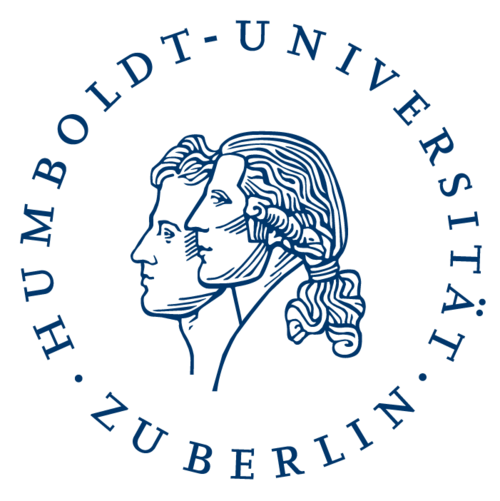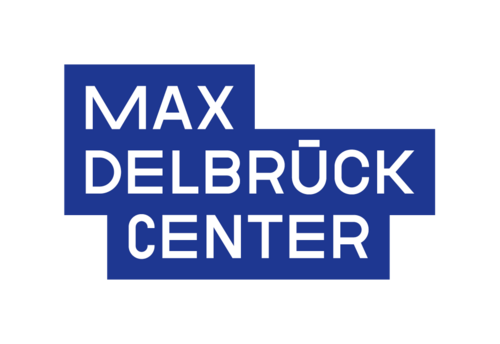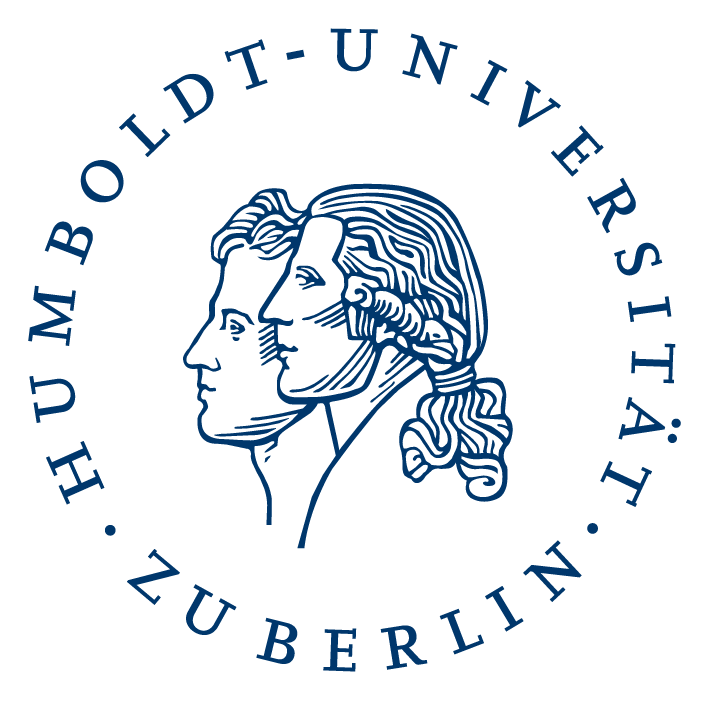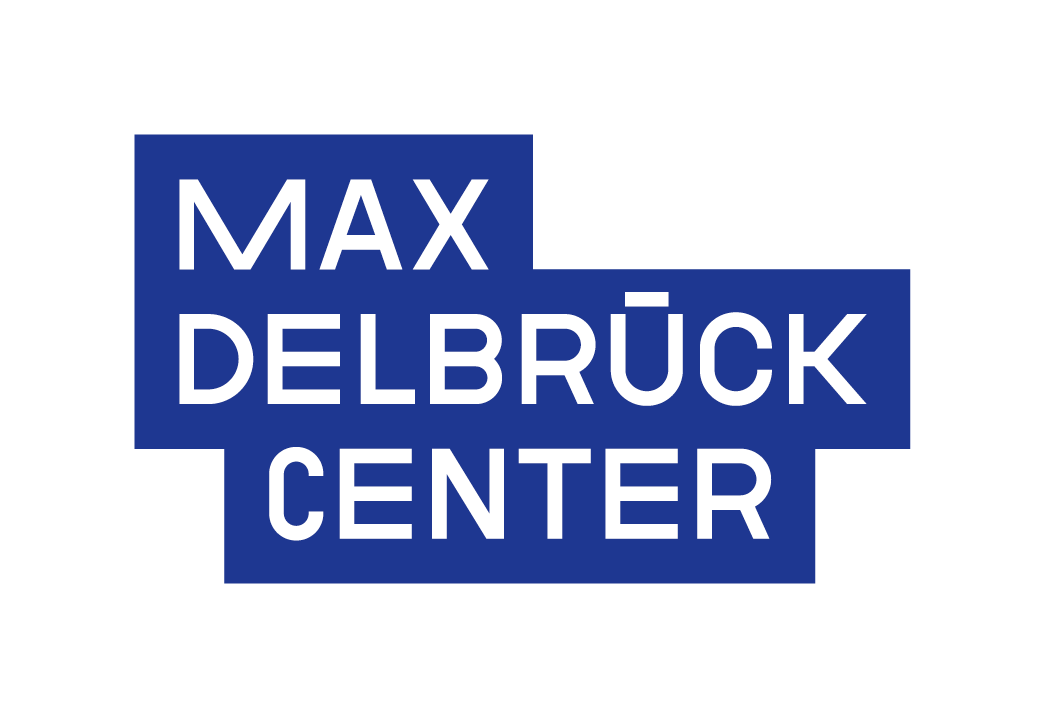EINSTEIN CENTER DIGITAL FUTURE
Freie Universität Berlin (FUB)
Freie Universität Berlin has been one of Germany’s Universities of Excellence since 2007. Data Science expertise at FUB that has been integrated in HEIBRiDS projects, includes decision support systems, mathematical methods for analyzing complex systems and physics-constrained learning algorithms.
Humboldt-Universität zu Berlin (HUB)
The Humboldt-Universität zu Berlin is home to several research groups that, among others, work on the intersection of computer science and (bio)medical topics or computer science and the geosciences. HEIBRiDS PIs from HUB, have been active in making Big Data technology practically applicable in the realms of biomedical data science, text technology, and geoscientific applications.
Technische Universität Berlin
Technische Universität Berlin offers a full spectrum of engineering programs supported by outstanding experts from mathematics and natural sciences, to the humanities and social sciences. Digitalization is an integral part of all research conducted at TUB. The majority of HEIBRiDS PIs at TUB are active in machine learning methods development for big data analytics.
Charité - Universitätsmedizin Berlin
Charité, established in 1710, is inextricably linked to innovations in science and medicine. Following the merger of three of Berlin’s medical schools, Charité is now one of the largest university health systems and medical schools in Europe. Data scientists at Charité are active in the fields of bioinformatics, medical image processing, databases, and digitalization of population health research, creating data-driven approaches to the advancement of biomedical research.
HELMHOLTZ CENTERS
Alfred Wegener Institute - Helmholtz Centre for Polar and Marine Research (AWI)
AWI contributes to the research field Earth and Environment. The AWI unit in Potsdam mainly deals with polar atmospheric processes, permafrost dynamics, and modern and past changes in Arctic terrestrial ecology. All these studies yield big sets of observational, analytical and remote-sensing data, which need to be handled with innovative tools of data mining, provided in the synergetic HEIBRiDS project.
Deutsches Elektronen-Synchrotron (DESY)
DESY is active in the Helmholtz Research Field ‘Matter’, namely in the Programs, ‘Matter and the Universe’ (MU), ‘From Matter to Materials and Life’ (MML), and ‘Matter and Technologies’ (MT). The DESY site in Zeuthen, in particular, is active in particle physics within the Program MU and accelerator science within MT. Moreover, it has evolved into the leading center for astroparticle physics within the Program MU, with major activities in gamma-ray astronomy (H.E.S.S., MAGIC, VERITAS, Fermi and CTA) and neutrino astronomy (IceCube). It has a sizable computing center and well-trained staff to design, build and operate advanced equipment and computing systems, covering all aspects of modern information technologies.
German Aerospace Center (DLR)
DLR in Berlin is active in the fields of space research, planetary research, Earth observation and transport. Data science is relevant for all of these fields: optical sensors on spacecrafts produce enormous amounts of data at an extremely high rate. The same holds for sensors used for various mobility applications. The data produced by these sensors need to be analyzed and relevant information needs to be extracted. HEIBRiDS will contribute to the solution of these challenges by training young researchers.
German Research Centre for Geosciences (GFZ)
GFZ is the national research centre for Earth sciences in Germany. Research at the GFZ focuses on the geosphere within the highly complex System Earth with its further subsystems, its interacting subcycles, and its wide network of cause-and-effect chains. This GFZ scientists work in a close interdisciplinary collaboration with the related scientific disciplines of physics, mathematics, chemistry, and biology, as well as with engineering science disciplines of rock mechanics, engineering hydrology and seismology.
Helmholtz Zentrum Berlin für Materialien und Energie (HZB)
HZB contributes to the energy materials research and operates the international user facility BESSY VSR. Data science plays an increasing role in HZB´s research portfolio, where new and adaptive digital methods as well as algorithms in the fields of spectroscopy, tomography and simulations are much needed. HZB is partner in two Helmholtz Future Research Themes: 1) Energy System Integration and 2) Perovskite Based Solar Energy Conversion. In the first, digitalization is a necessary prerequisite to design future energy supply systems based on fluctuating renewable energy sources. Combinatorial and computational materials design are routes to contribute to the second Future Research Theme.
Max-Delbrück Center for Molecular Medicine (MDC)
MDC aims to understand basic biological processes that are relevant for diseases and curries out research in the areas of cardiovascular & metabolic diseases, cancer , diseases of the nervous system, and medical systems biology. It is committed to translating scientific knowledge into improvements in clinical practice. By integrating high-throughput technologies, mathematics, bioinformatics, molecular biology, biochemistry and engineering to derive predictive, quantitative models for biological systems, the MDC advances emerging concepts of personalized medicine.







